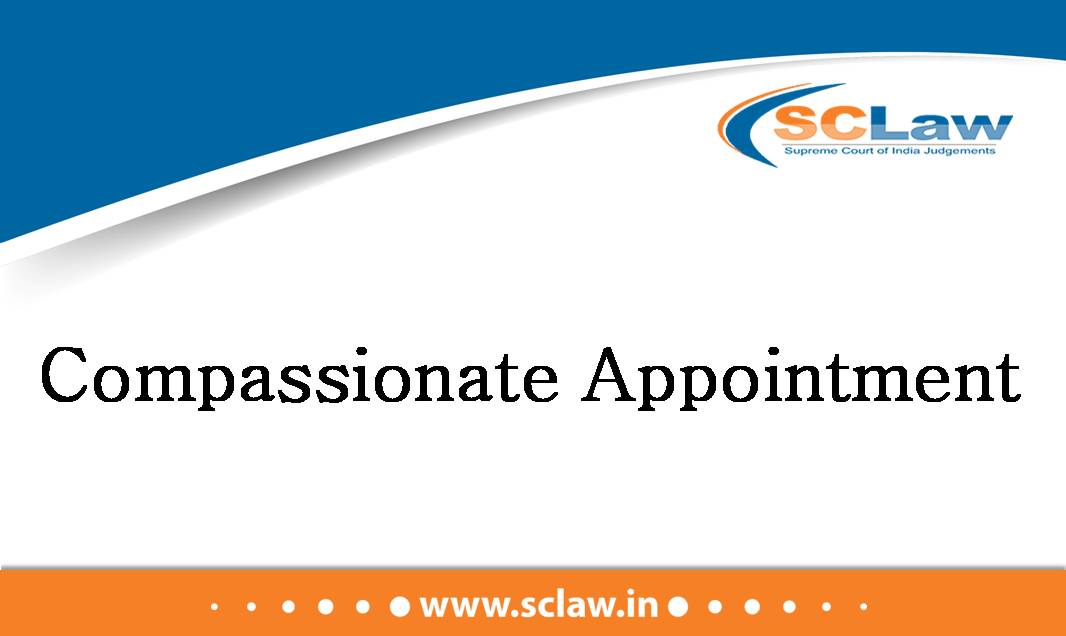Appointment on compassionate grounds is not automatic, but subject to strict scrutiny of various parameters including the financial position of the family, the economic dependence of the family upon the deceased employee and the avocation of the other members of the family – Therefore, no one can claim to have a vested right for appointment on compassionate grounds – Application of the respondent for compassionate appointment shall stand dismissed.
SUPREME COURT OF INDIA DIVISION BENCH THE SECRETARY TO GOVT. DEPARTMENT OF EDUCATION (PRIMARY) AND OTHERS — Appellant Vs. BHEEMESH ALIAS BHEEMAPPA — Respondent ( Before : Hemant Gupta and…

